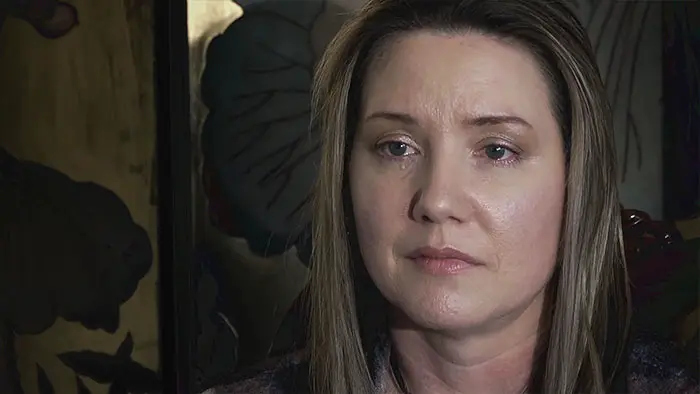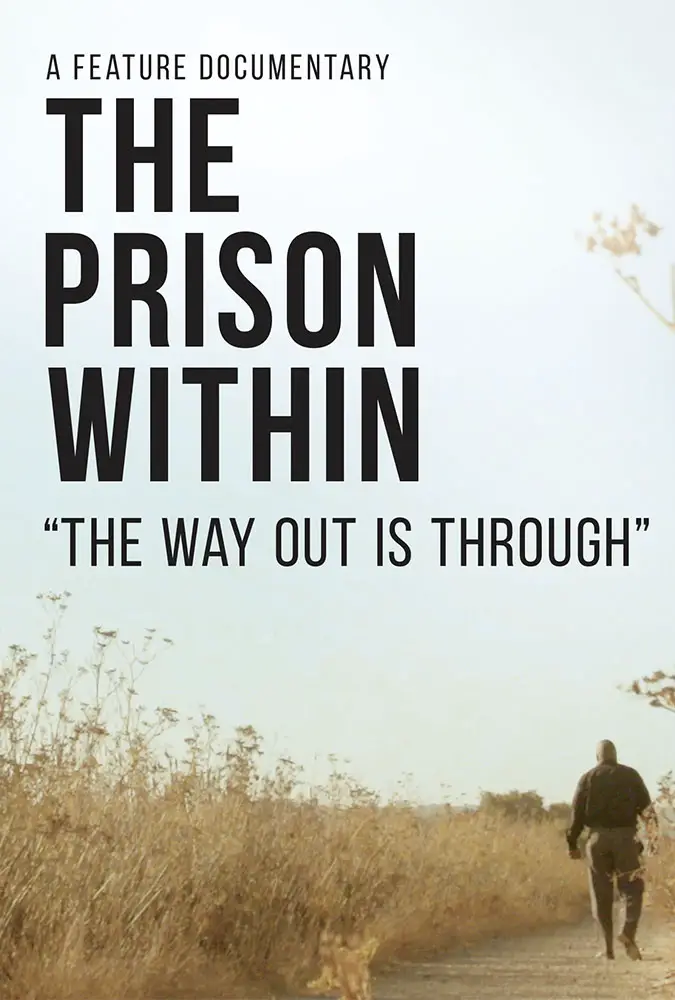
Katherin Hervey’s The Prison Within is an unshrinking documentary that chronicles the effect of untreated trauma has on those incarcerated for murder in San Quentin prison, and the survivors left to deal with the aftermath of their actions. Determined to unearth empathy in unexpected places, former Los Angeles Public Defender and volunteer prison college instructor Katherin Hervey directs this introspective doc with clear-cut knowledge of the Justice System. Within the public at large, a lot of time is spent condemning those for their barbaric crimes, but minimal resources go into understanding why or how a criminal got to this point, and how to liberate them from the life of crime. However, some people are seeking to remedy this. Sujatha Baliga, director of The Restorative Justice Project, is one of many attempting to assist convicts who are looking to change.

“…time is spent condemning those for their barbaric crimes, but minimal resources go into understanding why or how a criminal got to this point…”
The Prison Within opens with a quote from Peter Levine: “Trauma is a fact of life. It does not, however, have to be a life sentence.” Narrated by Hill Harper, the opening sequence takes us through a succession of images that embody the inner feelings of trauma: a house flattened by a natural disaster, the disorienting nature of strobe lights, a vacant setting with no one around, and an empty prison cell to lock up your deep-seated tribulation (and throwing away the key, therefore ignoring what’s eating you up inside). Trauma can destroy you, change you, confound you, or send you into a state of isolation. Trauma can also be passed down from generation to generation—a nugget of reasoning deftly explored in Hervey’s consequential doc.
A long shot shows us San Quentin State Prison from the perspective of a passerby, foregrounding the invisible boundary separating “us and them” — a wall Hervey is keen on breaking in the course of this soul-stirring showcase of interviews from convicts seeking forgiveness. Barry Spillman was sentenced to 20 years to life for second-degree murder; that’s what most people see when they look at Barry, but there’s more to him. When Nythell “Nate” Collins arrived at the prison, he was pressured to learn how to stab someone. When Eddie Herena first stepped off the prison bus, he immediately recognized the threat of southerners and how they murder Mexicans like himself all the time in jail. Michael “Yoshi” Nelson remembers when he spoke to his dad on the payphone about prison, and his father basically told him to stay out of other people’s business and refrain from talking to the cops. The inmates have people and mentalities to fear when succumbing to the mucky prison walls. More profoundly, they must live with themselves and what they did, without anybody to help them come to terms with their wrongdoing.

"…Trauma is a fact of life. It does not, however, have to be a life sentence."

[…] and the cycles of violence and trauma — on both sides of the wall — that are perpetuated by it. Film Threat calls it a documentary of “healing and compassion,” as well as one that will “dispute public […]
As somebody who volunteers at a maximum-security prison teaching mindfulness and participating in trauma circles, I can say this film got it right, without a false or forced note. I was brought to tears by the authenticity and dedication that went into capturing this process of redemption, both for perpetrators and their victims. If you want to see both sides of the story, this is the quickest way to do it.
I was at the screening today… and was so deeply moved. What a powerful film!